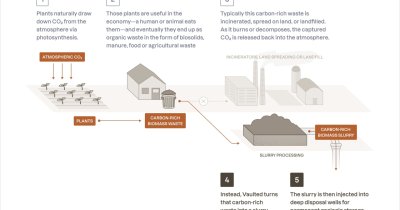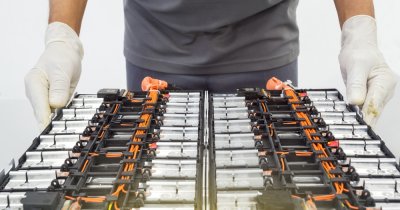Electrive writes that the BALIS 2.0 project, which is scheduled to take place until 2026, is a successor to the original BALIS project, started in 2021, which focused on developing fuel cell systems with an output capacity of 1.5 megawatts of power.
BALIS 2.0, led by Stuttgart-based H2FLY, focuses on creating hydrogen fuel cell systems for regional aircraft, with DLR Institute of Technical Thermodynamics and Diehl Aerospace acting as partners. The initial fuel cell system is targeted to have a capacity of 350 kW and it will be the basis for a future megawatt-power output propulsion system for various types of aircraft.
Initial ground tests for the 350 kW system are expected to commence in 2025. BALIS 2.0 is a project funded by the German Federal Transport Ministry.
Prof Dr Josef Kallo, co-founder and CEO of H2FLY, stated that "Federal funding for BALIS 2.0 demonstrates the growing significance of hydrogen fuel cell systems as a viable solution for clean aviation. The project insights will propel the development of megawatt-class powertrains, significantly accelerating the transition to sustainable, zero-emission flight."
 Mihai - Cristian Ioniță
Mihai - Cristian Ioniță












Any thoughts?